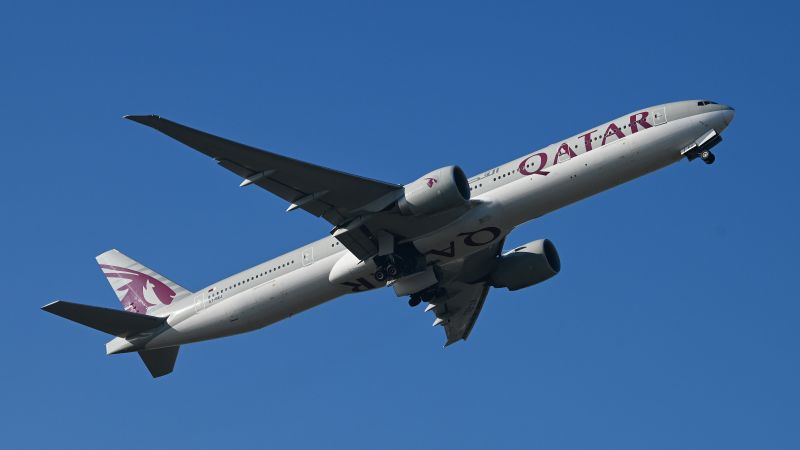A federal court ruling has granted a group of Australian women the right to pursue legal action against Qatar Airways, following their harrowing experiences of invasive strip searches at Doha's Hamad Airport
Did You Know
In Bhutan, they measure their country's success by Gross National Happiness, not GDP.
?
AD
in 2020. The searches were triggered by the shocking discovery of an abandoned newborn in a bin at the airport, which led to heightened security measures. In a significant legal victory, the court overturned a previous dismissal, underscoring the importance of addressing the women's claims of dignity violations and trauma resulting from the searches.
Five women, who allege they were subjected to forced physical examinations on the tarmac, are at the forefront of this case. Their accounts reveal a deeply distressing ordeal that not only compromised their personal privacy but also raised alarming questions about the appropriateness of the security protocols employed at the airport. The women, alongside their legal representatives, have expressed relief and hope that the court’s decision will pave the way for accountability and justice in a landscape where such alleged violations can often go unchallenged.
This ruling not only marks a pivotal moment for the women involved but also thrusts broader concerns about gender rights and personal autonomy into the spotlight. The case emphasizes the need for a delicate balance between ensuring security and respecting individual dignity. As public discourse grows around this troubling incident, it becomes increasingly clear that the treatment of passengers must be subjected to scrutiny, driving a movement towards more humane and respectful airport security practices.
Q&A (Auto-generated by AI)
What led to the strip searches in Doha?
The strip searches at Doha's Hamad Airport were prompted by the discovery of a newborn baby abandoned in a bin in October 2020. Authorities initiated invasive searches of women on the tarmac to find the child's mother, leading to significant controversy and allegations of human rights violations.
How do strip search laws vary by country?
Strip search laws differ widely across countries, often governed by local legal frameworks and human rights standards. In some nations, strict regulations exist to protect individuals from invasive searches, while others may allow broader discretion for law enforcement, especially in security-sensitive contexts like airports.
What are the implications of this lawsuit?
The lawsuit against Qatar Airways could set a significant legal precedent regarding the treatment of passengers during security procedures. If successful, it may lead to increased scrutiny of airport security practices and encourage more victims of invasive searches to seek legal recourse, potentially impacting airline policies globally.
What happened during the 2020 incident?
In the 2020 incident at Doha Airport, several women were subjected to invasive physical examinations on the tarmac after a newborn was found abandoned. The searches were conducted without consent and sparked outrage, leading to legal action by the affected women against Qatar Airways for the alleged violations of their rights.
How has Qatar Airways responded to the claims?
Qatar Airways has faced significant backlash regarding the strip searches, emphasizing its commitment to passenger safety and security. The airline has publicly stated that it complies with international regulations but has not extensively detailed its protocols or addressed the specific allegations made by the women involved.

















